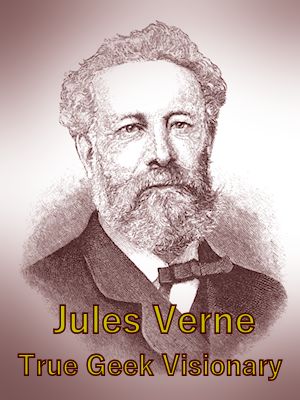 In the modern media of the 21st century people often complain that the news seems to focus on problems rather than solutions. As we study geek history we find many examples of the news media telling what can't be done while someone was in the process of showing us what is possible.
In the modern media of the 21st century people often complain that the news seems to focus on problems rather than solutions. As we study geek history we find many examples of the news media telling what can't be done while someone was in the process of showing us what is possible.
In the 1870s there were three different inventors working on the technology to transmit speech electrically that would become our telephone system. Thankfully they did not believe what they read in the newspaper back then.
In 1865 an editorial in the Boston Post stated that, "Well informed people know it is impossible to transmit the voice over wires and that were it possible to do so, the thing would be of no practical value."
A New York news item from 1868 reports, "A man has been arrested in New York for attempting to extort funds from ignorant and superstitious people by exhibiting a device which he says will convey the human voice any distance over metallic wires so that it will be heard by the listener at the other end. He calls this instrument a telephone. Well-informed people know that it is impossible to transmit the human voice over wires."
Jules Verne was a true inventor and visionary
There were many people who could look into the future and see what was possible, such as a true visionary Jules Verne, who was quoted in 1865 as saying, "In spite of the opinions of certain narrow-minded people who would shut up the human race upon this globe, we shall one day travel to the moon, the planets, and the stars with the same facility, rapidity and certainty as we now make the ocean voyage from Liverpool to New York."